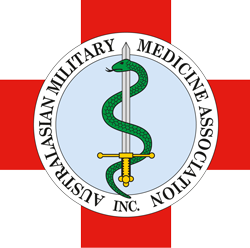Many who practice outside major centres are confronted with inescapable decisions with potential neurosurgical overtones. The final operative decision itself- to operate off not – has to be made in many instances by the sole doctor “on the ground”, almost never a neurosurgeon himself or herself. The challenges of acute head injury, of congenital malformations in neonates and infants, of severe infections, and acute vascular disorders confront all doctors who practice in developing countries. This new work “Neurosurgery in the Tropics – A Practical Approach to Common Problems” is one of the most practical guides for such doctors who operate outside centres with a practicing neurosurgeon that I have yet read. This book is a multi-author work written by those with extensive “hands-on” experience at the coal-face in Australia, Papua New Guinea, Zimbabwe, Zambia and several developing countries. It is a splendid, clearly written diagnostic guide for those in the field. It covers the crucial questions of clinical assessment in the potential neurosurgical context; and will be an indispensable aid for those who have to make decisions about aeromedical evacuation, the summoning of trauma teams or that most difficult decision of all, “not to operate”. The book describes details of common neurosurgical operations, particularly emergency operations – in the clearest terms – for those who are confronted with inescapable situations where an operation must be undertaken if life or brain are to be preserved. The book contains a splendid section on head injury in the context of developing countries. There is a very good section indeed on “Clinical Assessment in Neurosurgery”. The practical perspective for decision-making for doctors confronted with children with congenital malformations involving the craneo-spinal axis is there; together with a spectrum of issues ranging from the diagnosis of brain death to neuro rehabilitation and medico-legal issues. I commend this work particularly to all who work within the tropical setting, refugee and outback medicine, isolated medical mission and all those who work as part of the health team in the Defence health Service.



